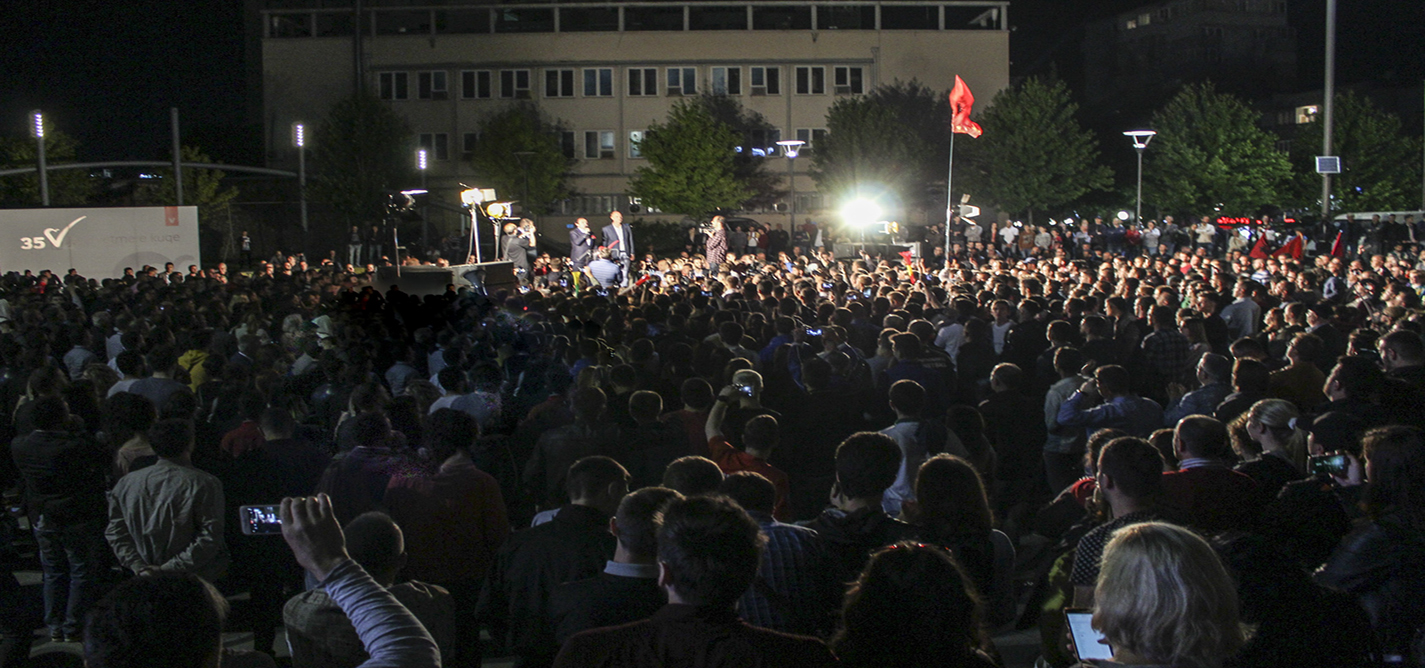
We don’t yet know who will form Kosovo’s government, but it is clear that citizens voted for change
Politicians from all parties should pay careful attention to yesterday’s shock results.
All parties must now grasp that there are no strongholds in this country and that no one should be in the comfort zone believing they have an entitlement to govern the country despite practices of corruption, clientelism and narrow self-interests.
The people have spoken, and they have demanded change.

Eraldin Fazliu
Eraldin Fazliu is a former journalist at Kosovo 2.0. Eraldin completed his Master’s on ‘European Politics’ at the Masaryk University in the Czech Republic in 2014. Through his studies Eraldin became interested in the EU’s external policies, particularly in promotion of the rule of law externally. He is a passionate reader of politics and modern history.
DISCLAIMERThe views of the writer do not necessarily reflect the views of Kosovo 2.0.
This story was originally written in English.